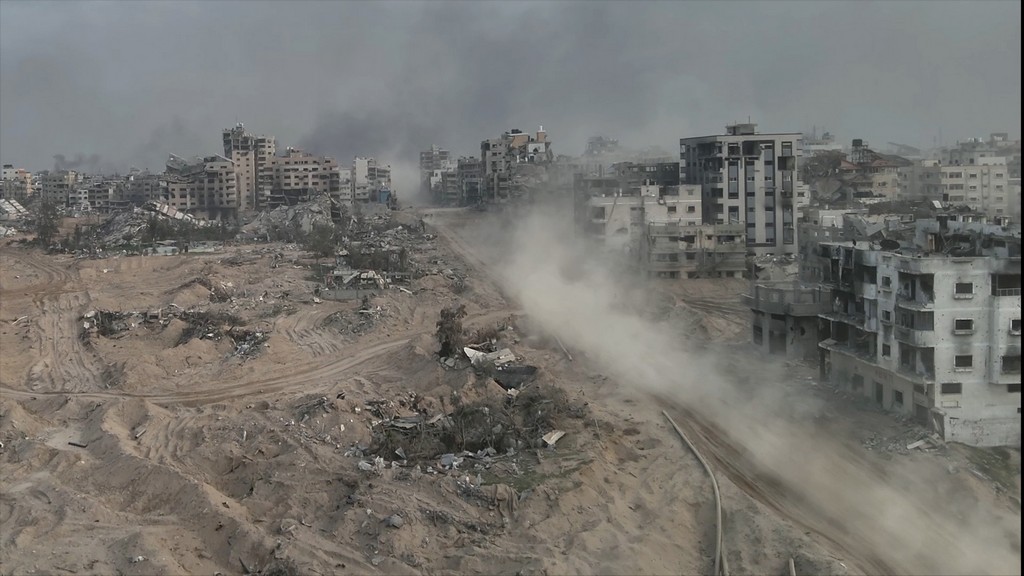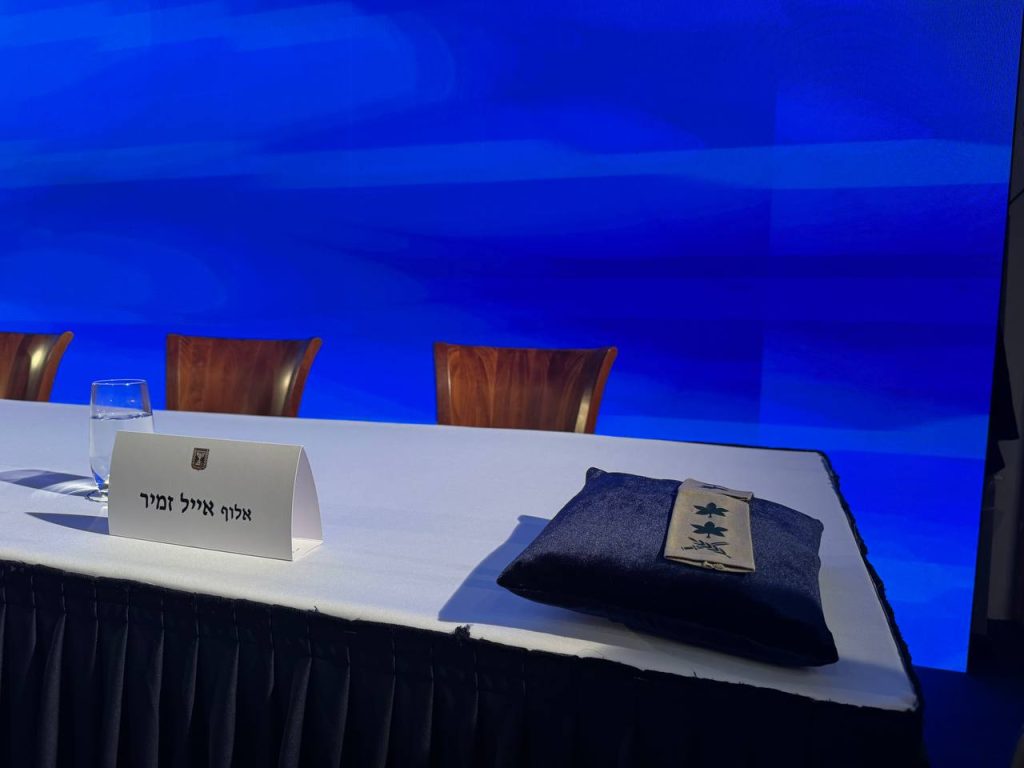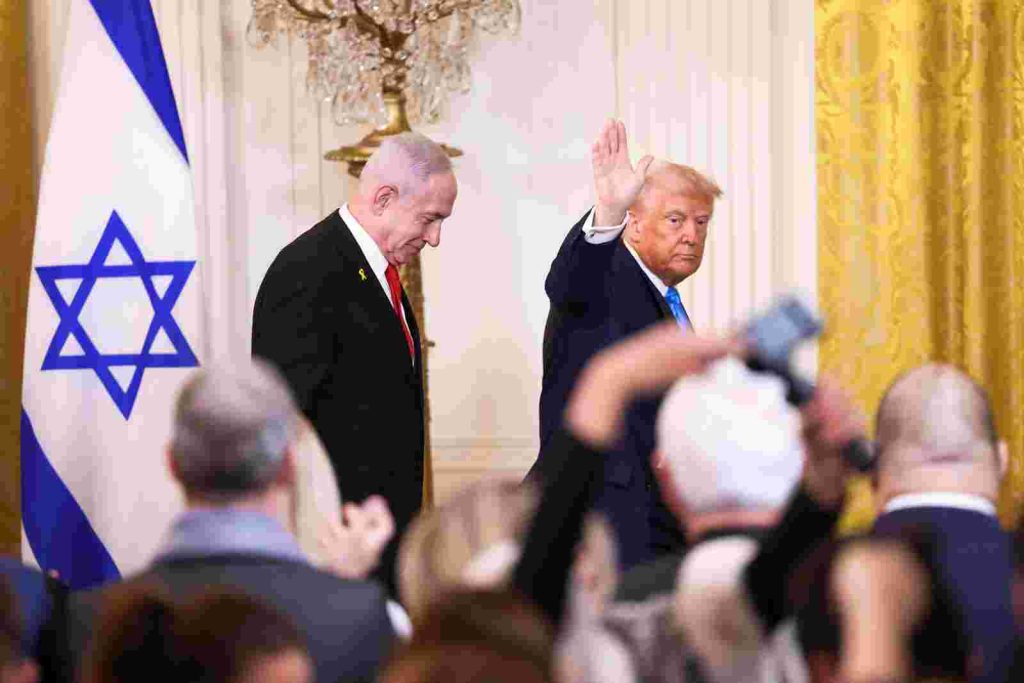“Israel, Hamas, and Pressure Strategies: A Shift in Approach”
Dr. Raphael Ben Levi: Hamas doesn’t care about being killed or about deaths among Gaza’s population, therefore threats to eliminate them are unlikely to lead it to surrender. We must pressure Hamas with something they do care about: controlling territory. Israel must begin annexing small portions of the Gaza Strip, with each day the hostages remain captive resulting in more permanent land lost. This might be pressure Hamas understands. Other measures should include withholding aid to Gaza entirely.
Eventually, however, there is no alternative path to victory than the IDF conquering Gaza and imposing military rule in the interim. Only then can we begin discussing local Arab self-rule, as any technocratic government installed without first eliminating Hamas would inevitably fall under its control.
The full interview took place on TV7 Israel news on March 6, 2025.
https://youtu.be/PeJIDKH7ePo


